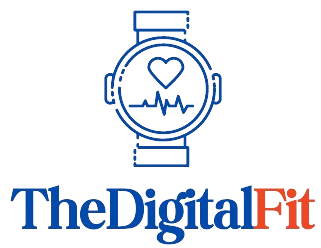As a recent surge in people seeking mental health care has led to long wait times for first appointments with therapists and psychiatrists, a new study has suggested that mental health apps might help such patients who wait for initial care.
The study published in the journal JAMA Network Open showed that while patients wait to get initial care, they could still get some relief by using evidence-based smartphone apps and wearable devices to track sleep and activity.
The research, which involved just over 2,000 patients, showed that symptoms of depression & anxiety, and suicide risk dropped measurably when patients were assigned to mobile applications that included mindfulness practices, cognitive-behavioural therapy skills, or prompts that encouraged mood-enhancing activities.
“Having this type of option, especially for people who are motivated enough to seek an appointment and wait for it, could be very valuable when providers have long wait lists,” said Adam Horwitz, who is an assistant professor in the Department of Psychiatry at the US-based University of Michigan.
“These individuals want to be doing something about their mental health but don’t yet have access, so this suggests that providing them with some sort of digital option when their motivation is already high, and they are ready to do something, could begin to make a difference,” he added.
To conduct the study, nearly all the patients completed standardised mental health checks both at the beginning of the research and after six weeks of using the app they had been randomly assigned to install on their smartphones.
All participants also wore a smartwatch to track sleep and physical activity.
As per the researchers, depression scores on average were just under 13 on the 27-point PHQ-9 scale at the start of the study; all groups dropped by two to three points by six weeks. Scores on the 21-point GAD-7 anxiety scale dropped by 1.5 to 2 points across the board.
Meanwhile, scores on measures of protection against suicide risk increased slightly, with the most improvement among participants using Headspace. Scores on the suicide risk measurement dropped slightly across the board, indicating a lower risk for suicidal behaviour, the study mentioned.
“If we can use apps to give the patient a bit of momentum on understanding and managing their symptoms, even before they get to the clinic, then perhaps that will help them get more out of therapy once they get to the clinic and pass the baton from the app to a professional provider,” Horwitz said.
He further mentioned that while the apps don’t have the same effect as therapy, doing something instead of waiting is still important.

